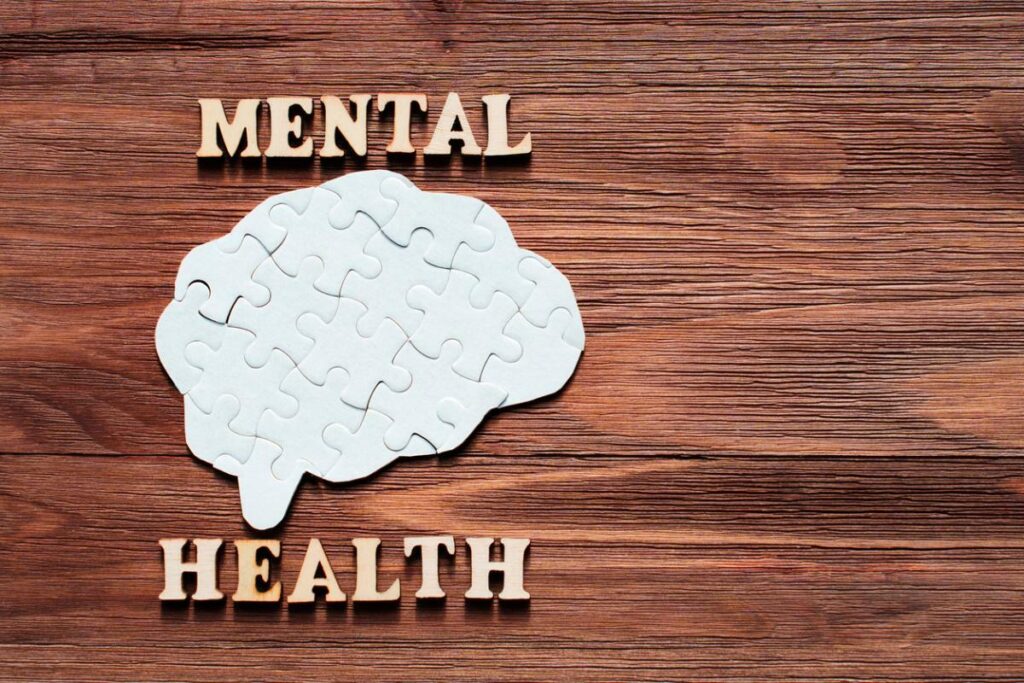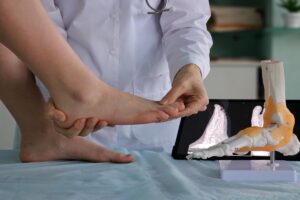The Texas State Board of Dental Examiners (TSBDE) licenses and regulates dentists and dental hygienists. As part of its regulatory efforts, the TSBDE receives complaints, investigates allegations of wrongdoing, and brings formal disciplinary action against licensees as needed. Getting legal representation in disciplinary proceedings before the TSBDE can be critical to reaching a positive outcome in your case. As a result, if you are facing disciplinary investigations, complaints, or formal proceedings before the TSBDE, you should consult a dental license defense attorney for help.
According to a recent ADA News article, the American Dental Association (ADA) is taking steps to prevent discrimination against dentists who have received past treatment for mental, behavioral, or physical health issues. To that end, the ADA will create a pilot project in 2024 to help states develop legislation or regulations that are not punitive toward dentists who choose to seek mental health treatment. The national organization also intends to develop a toolkit to help state dental associations in their advocacy efforts on this issue.
The ADA is moving to develop this project in response to Resolution 517, which the 2023 ADA House of Delegates passed. The organization credits the impetus for this project to two state dental boards – Viriginia and Texas – who changed language on their initial and renewal licensing applications in 2023 to remove the stigma around seeking help for mental health conditions. Removing barriers such as this language on licensing applications may help make dental professionals more likely to seek help in the future for mental health issues.
Changes in Texas
In 2023, the Texas State Board of Dental Examiners revised their licensing applications to remove the “have you ever” questions concerning treatment for depression and substance abuse disorder. The Board replaced these questions with a question about the current ability of the applicant to practice in a competent, ethical, and professional manner.
Dentists, dental hygienists, and dental assistants already are eligible for assistance through the Professional Recovery Network of Texas (PRN). The Texas Pharmacy Association originally established the PRN in 1981, which is designed to identify, assist, support, and monitor professionals with potential impairments due to substance abuse or mental illness. Today, the PRN is open to pharmacists, pharmacy students, dentists, dental hygienists, dental assistants, veterinarians, and optometrists.
The purpose of the PRN is to give professionals the chance to enter recovery and deal with problems before having disciplinary action taken against their licenses. At the same time, the PRN protects the public from unsafe professional practice.
Changes in Virginia
The Virginia Dental Association is taking additional steps to destigmatize mental health treatment in 2024 by including dentists and dental hygienists in a “Safe Haven” program developed in 2020. Health care providers, which initially included physicians, nurses, pharmacists, and medical students, can seek resources to assist with burnout and mental health issues with the assurance of confidentiality.
Changes in North Dakota
The North Dakota Dental Association is also working with the North Dakota Board of Dental Examiners to include dentists in physician assistance programs by 2025. Next, that state dental association intends to review licensure application language to remove any stigma about seeking mental health or substance abuse treatment in the past.
We Can Advocate on Your Behalf in Your Disciplinary Proceedings
The dental license defense lawyers of Bertolino LLP can help guide you through the disciplinary complaint process. No matter what allegations you face, we are here to represent your interests and work to minimize the negative effects of a complaint on your license and career. We can help positively resolve the case against you and maintain your dental license. Call us today at (512) 515-9518 to reach the offices of Bertolino LLP or contact us online.
Call or text (512) 476-5757 or complete a Case Evaluation form






